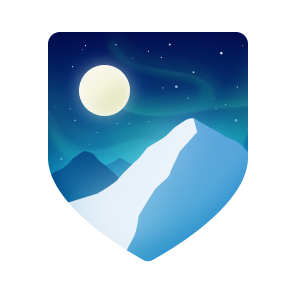#DigitalHistory #STS #NLP #SNA #OpenScience #HistoryOfComputing
👨🏻💻 moritzmaehr.ch 🙇🏻♂️
bsky
mastodon 🧜🏻♂️ he/him
Dr. sc. Moritz Mähr is an Associate Researcher in Digital Humanities at the University of Bern and digital project manager of Stadt.Geschichte.Basel at the University of Basel. His research bridges digital history, science and technology studies, and open infrastructure for the humanities.
His current agenda spans five areas:
- 🧠 Digital Source Criticism in the Age of AI – circumvent algorithmic bias in digitised and born-digital collections.
- 🌐 Data Politics & Internet Governance – the project Exclusion by Design? explores how global inequality was encoded into early Internet.
- 🗃️ Histories of Digitisation – history of the digitization of Swiss migration regime.
- 🏛️ Public History Infrastructure – low-barrier, open-source platforms like Stadt.Geschichte.Basel for FAIR/CARE storytelling and data reuse.
- 🌱 Digital Sustainability – embedding reproducibility, inclusivity, and ethical longevity into all scholarly workflows.
Moritz studied history, philosophy of knowledge, computer science, and finance in Zurich and Berlin, and earned his doctorate at ETH Zurich with a dissertation on the digitization of Swiss migration authorities in the 1960s. He is an advocate for open science, open access, and open source.
I’m always looking for thoughtful collaborators in digital history, STS, research infrastructure, and critical AI studies. If you’re building collections, writing code, or rethinking scholarly workflows—let’s connect.
You’re welcome to fork, open issues, or submit pull requests on any pinned repositories. Contributions, ideas, and provocations are all welcome.
- Decoding Inequality: Critical Perspectives on Machine Learning
- Prompting Methods for Historians with ChatGPT
- Corpus-as-Network: NLP + Graphs in Historical Research
Full teaching history is on my website.
Active member of:
Keep building, keep questioning, and never stop examining how our digital tools shape what we know—and forget—about the past.





